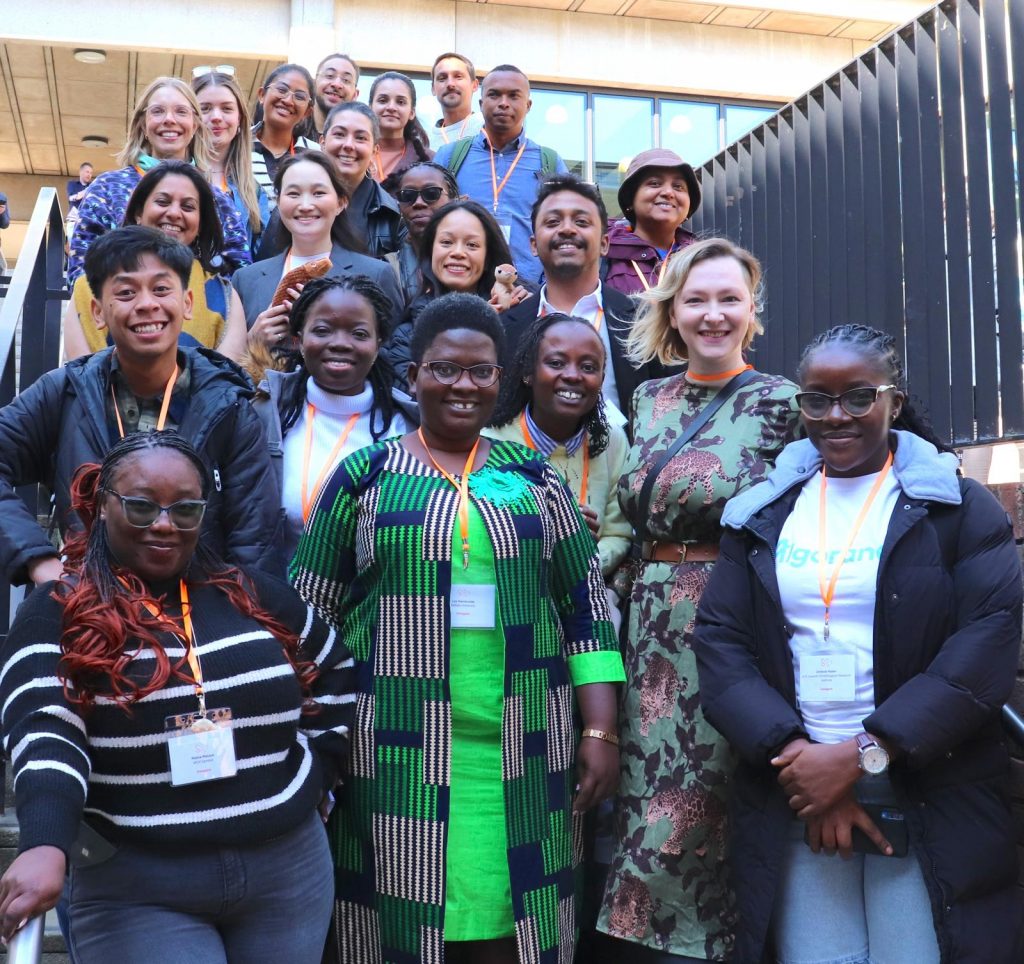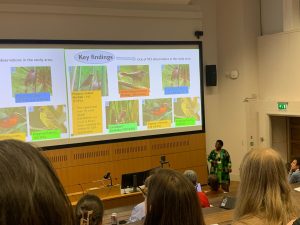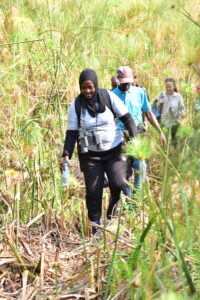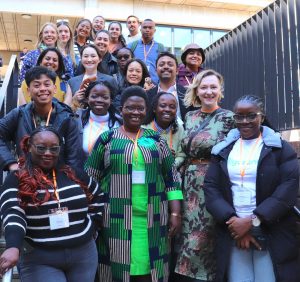From the swamps of Rushebeya to the halls of Cambridge, Loy Natukunda has continued to shine brightly. This is another milestone in the life of the Site Selection to Protect Papyrus Endemic Biodiversity in Uganda (SEBU) project, which is hosted by Kabale University. The JRS Foundation for Biodiversity is funding this project. Natukunda presented a paper about some of the preliminary results that she has obtained during her research as one of the collaborators on the project. Researchers from around the world attended this student conference on conservation science. Cambridge University’s Department of Zoology at Downing Street organized this conference.
The evaluators at the conference commended Loy for her strong presentation which culminated in the award of the third Prize for Best Talk at the Student Conference on Conservation Science 2025 Cambridge. The judges commended Loy, noting that this year, the presentation standard was exceptionally high. They further stated that this therefore is a tremendous achievement. Loy’s achievement highlights the importance of her work in biodiversity conservation and the recognition of her contributions by the scientific community. This award not only celebrates her dedication but also underscores the value of the SEBU project in advancing conservation efforts in Uganda and beyond.
Loy attributes her success to the mentorship, opportunities, and strength of research that she has gained as a result of participating in the SEBU project. ‘I am especially grateful to my supervisors, Prof. Sarah Nachuha (RIP), Dr. Fiona Mutekanga, and Dr. Julius Arinaitwe, as well as the SEBU Project team, who have accompanied me throughout this journey. Additionally, she is committed to mentoring others, strengthening biodiversity data systems, and advocating inclusive conservation solutions across Uganda. The conference took place in the United Kingdom between April 1st and 3rd 2025.
The title of Loy’s presentation was ‘Assessing the potential of a Ugandan papyrus wetland for designation as a Key Biodiversity Area, based on papyrus-endemic birds as indicators. A number of factors were considered by the evaluators, including the clarity of the presentation, the level of organisation, the ability of the presentation to be interesting, the use of suitable methods to achieve the objectives, the relevance to conservation and the ability of the presenters to maintain time.
Third prize at the Student Conference on Conservation Science 2025 further demonstrates Kabale University’s commitment to be a vibrant university of academic excellence not only in East Africa but around the world.This achievement highlights the institution’s dedication to fostering impactful research and nurturing student talent that addresses critical environmental challenges. Loy’s work exemplifies the university’s mission to contribute meaningfully to global conservation efforts. It also empowers students to excel on international platforms.
In addition to the award, she received a free book from CABI, a year’s membership to the Society for Conservation Biology, as well as an online subscription to Conservation Biology. Since 2000, the Student Conference in Conservation Science has provided an opportunity for young conservation scientists to gain experience, learn new ideas, and establish valuable contacts.These opportunities not only enhance the professional development of young scientists but also contribute to the advancement of global conservation science. By fostering collaboration and innovation, the conference plays a crucial role in addressing pressing environmental issues worldwide.
